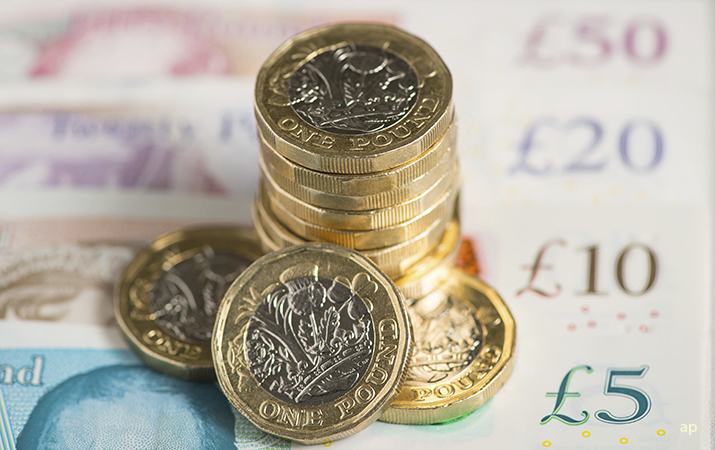Morningstar's "Perspectives" series features investment insights from third-party contributors. Here, Michael Lindsell, manager of the Lindsell Train Japanese Equity Fund, discusses what the impact of the recent launch of Pokémon GO means to gaming stock Nintendo.
We look to identify exceptional companies whose businesses are able to survive throughout many different economic and social conditions. Once invested in such a company, we look to hold on to it for as long as possible – allowing time, patience and compounding to do its job.
In order to survive, these companies need to offer something unique and often irreplaceable - such as a consumer brand, ownership of unique intellectual property (‘IP’) or apparently impregnable business franchise.
What we have always liked about Nintendo (NTO) is, firstly, its proprietary ownership of many of the video game industry’s most iconic and durable franchises – Mario, Donkey Kong, Pokémon and Zelda and, next, its dedication to innovation, which has repeatedly allowed it to bring new and entertaining devices to consumers.
Competitive Environment
However, over the last five years Nintendo has singularly failed to monetise this IP successfully. During this time, the advent of the smartphone and the ability to play games on such devices has diminished the importance of dedicated game platforms but at the same time engaged many more people with the concept of playing games generally. Also the distribution of game software has changed from cartridges and CDs to digital downloads.
With digital distribution, the scope for piracy has lessened considerably, a big concern in the past, which potentially opens up the market to jurisdictions such as emerging markets where the protection of IP rights has historically been poor. Thus over the past five years the potential gaming population, especially casual ones who Nintendo targets, has expanded exponentially, from say 200 million or so console owners to more than 2 billion smartphone owners.
Pokéon GO
The huge initial success of ‘Pokémon GO’ is a vivid demonstration of the value of Nintendo’s IP. And remember Nintendo owns many more franchises, some with even greater heritage. Over the last 25-30 years Nintendo has sold more than 4 billon software units which dwarfs the cumulative sales of any other gaming company.
Nintendo has not however solved the problem of monetising its IP. Pokémon GO is licenced to a Google affiliate Niantic and anyway Nintendo only has approximately 30% ownership of Pokémon itself. Pokémon GO is free to play and only monetisable from add-ons and perhaps from its ability to draw gamers to specific locations.
The company’s proposed smartphone game launches in the Autumn will involve two relatively new Nintendo franchises, ‘Animal Crossing’ and ‘Fire Emblem’, both 100% owned properties but to be launched in joint venture with DENA. Nintendo sees these free to play smartphone games as a way of showcasing its IP using the huge scope of the smartphone platform rather than necessarily earning huge profits.
From this perspective Pokémon GO has worked magnificently: the value of Pokémon’s IP – already high before the launch of Pokémon GO - has increased even more. Nintendo still thinks that to monetise its IP properly gamers need to be persuaded to buy its own dedicated platforms which host more immersive games, for which gamers will pay hard dollars - hence its project to launch the Nintendo NX platform in Spring next year.
Nintendo’s current enterprise value is ¥2.4T, 4.8x depressed sales of c.¥500bn. We think Nintendo should be able to generate around 20% operating margins - average margins over the last 20 years were 16% - and on the basis of that should be able to sustain the current valuation.
But this does not account for any incremental success in monetising its IP, which should be possible given the popularity of its titles. It wasn’t that long ago in 2009 that, with the success of the 3DS and the Wii, the company’s sales were ¥1.8T and its net profits were ¥290bn, 8x its current enterprise value. Its dividend that year was ¥1,440 per share which equates to a 5.2% yield on today’s price.
So in our view if Nintendo succeeds in embracing the digitalisation of video games, using the vast scope of the smartphone platform to further boost the value of its IP and then to monetise that IP on new innovative platforms, the shares still have much more potential to reward investors in the future.
Disclaimer
The views contained herein are those of the author(s) and not necessarily those of Morningstar. If you are interested in Morningstar featuring your content on our website, please email submissions to UKEditorial@morningstar.com


























